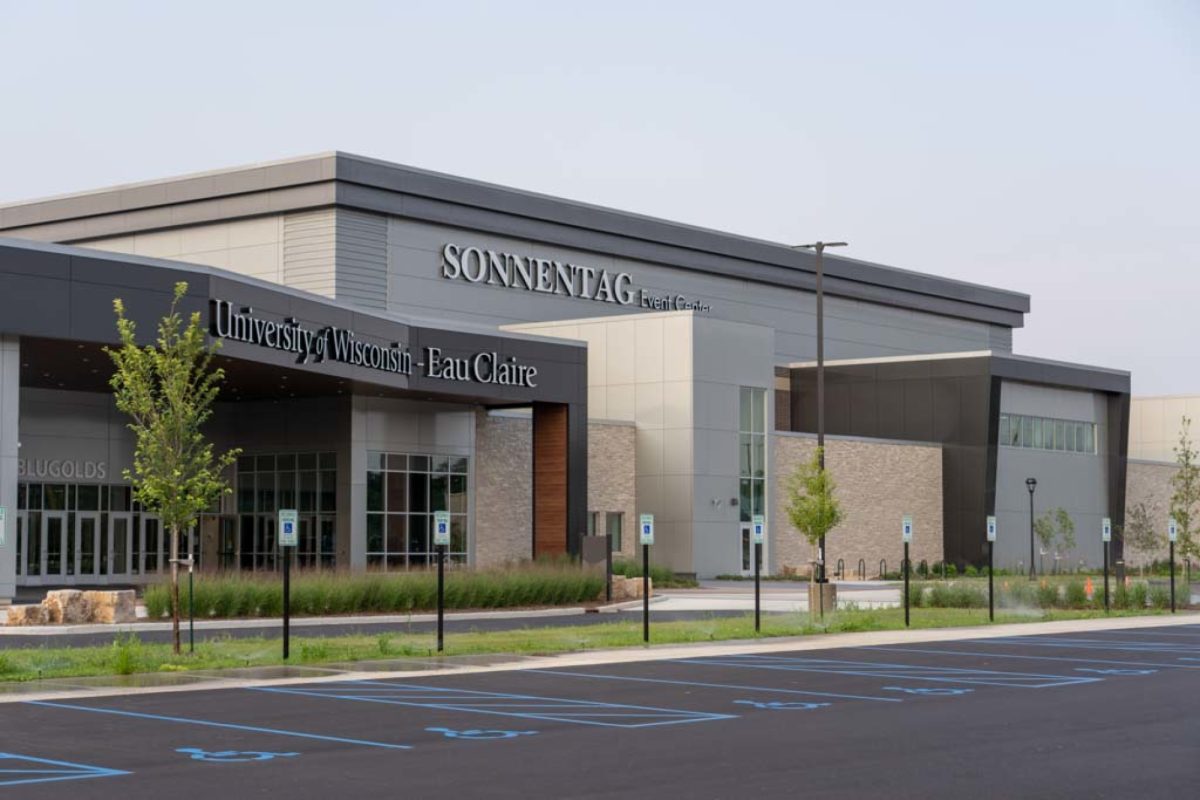Blugold Dining managers are offering an amnesty program for students to return stolen dinnerware to the cafeterias on campus in order to save late-night dining.
Christian Wise, general manager of Sodexo, says he is frustrated with the recent surge in theft from the two cafeterias, particularly the Riverview Café on upper campus.
“This year, stealing has been three times that of any other year,” Wise said. “I don’t know what students decided, but it’s just been huge, and it’s hit us hard.”
Blugold Dining budgets about $35,000 specifically for replacement costs throughout the school year, and Wise said as of mid-February that number has doubled to nearly $70,000. He doesn’t see the cost capping off anytime soon either.
“We barely got past half a year. If things don’t change, we’ll be at nearly $100,000,” he said.
In order to offset the costs of missing dinnerware — including plates, cups and silverware — the dining management team, in a joint effort with the university, has made the decision to stop offering late-night dining for the five weekdays following spring break.
Wise stressed the fact that he does not want this act to be mistaken as a threat. He said he would prefer not to close, even for just a few days, but would rather see students return any dinnerware they might have.
Alysha Mayo, a resident assistant in Towers South, said this is a problem among her residents that she has dealt with in the past.
“I’ve seen a few of my girls walking to the bathroom to wash dishes — some of them with the colorful cafeteria mugs,” Mayo said. “I try to keep the collection box on the floor and encourage them to be honest and return the dishes.”
Since taking his position three years ago, Wise is proud of the many changes Blugold Dining has seen, including going completely compostable, expanding food selections and buying more locally grown foods. He doesn’t want the temporary closing of late-night dining to be a step backward.
In hopes of getting some of the dinnerware returned, collection boxes have been placed in the lobbies and wings of all residence halls. The boxes are unsupervised to reduce fear of being punished. In the past, only a small number of boxes have been filled. Wise says he is optimistic about getting at least six boxes returned this time around.
When asked if they had ever stolen cafeteria dinnerware, most students said they never have personally, but almost always added that they knew someone who had. The surrounding theme from students, it seemed, was apathy.
“I went to a house party off-campus once, and all of their dishes were from the cafeteria. Plates, forks, bowls, cups, all of it,” said junior Tessa Foy. “I couldn’t believe it, the plates are just so recognizable. I commented on it, and they just laughed it off as not a big deal.”
Wise estimates around 700 students eat in the cafeteria from 8:30 p.m. to midnight, the designated late-night time.
Wise said he has the best interests of the university in mind when doing his job, and wants to hire a new chef in the future, but he could be limited by budget.
“I want to provide the best food possible to the most people possible,” he said. “But this theft problem stands in the way of progress.”






